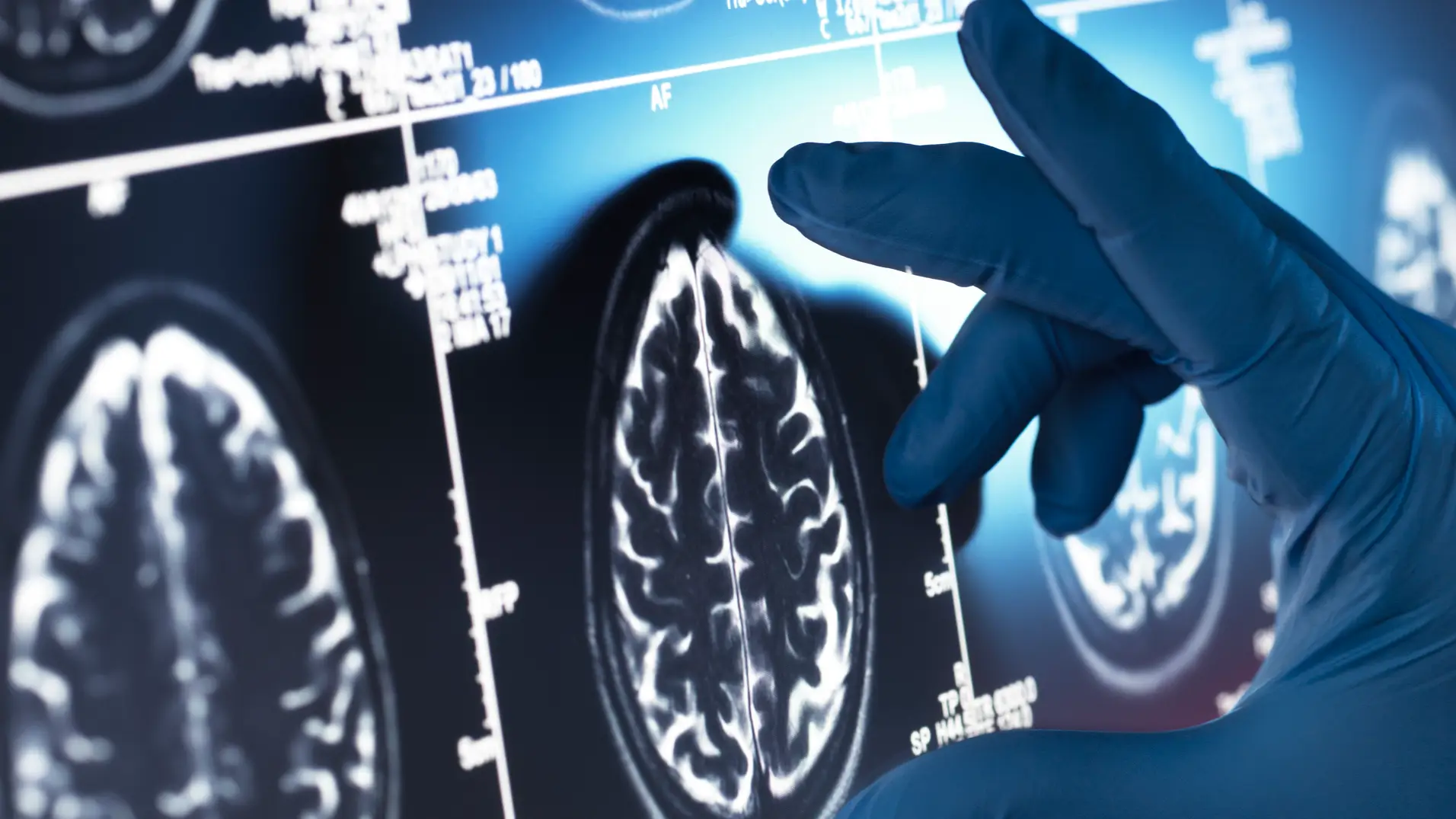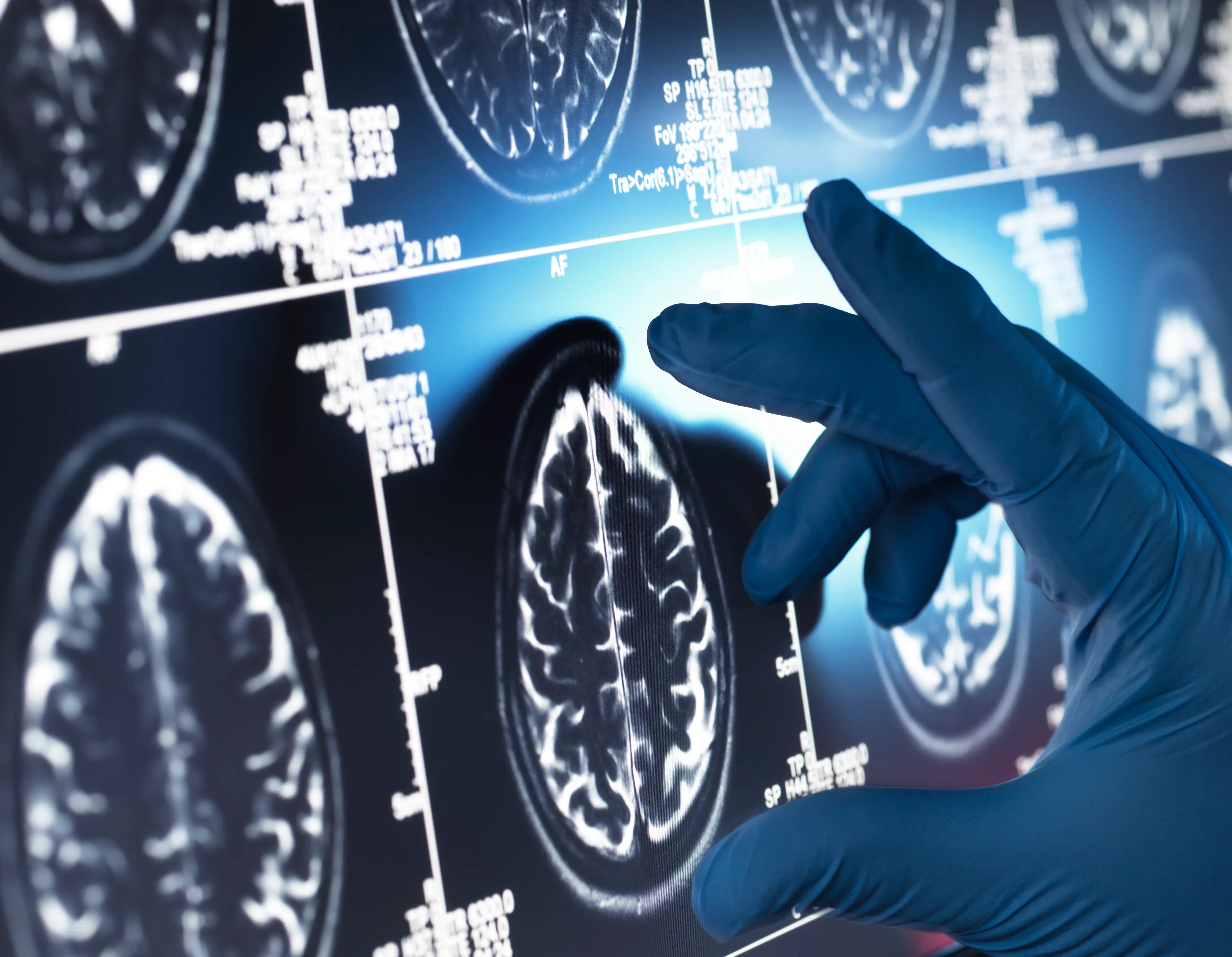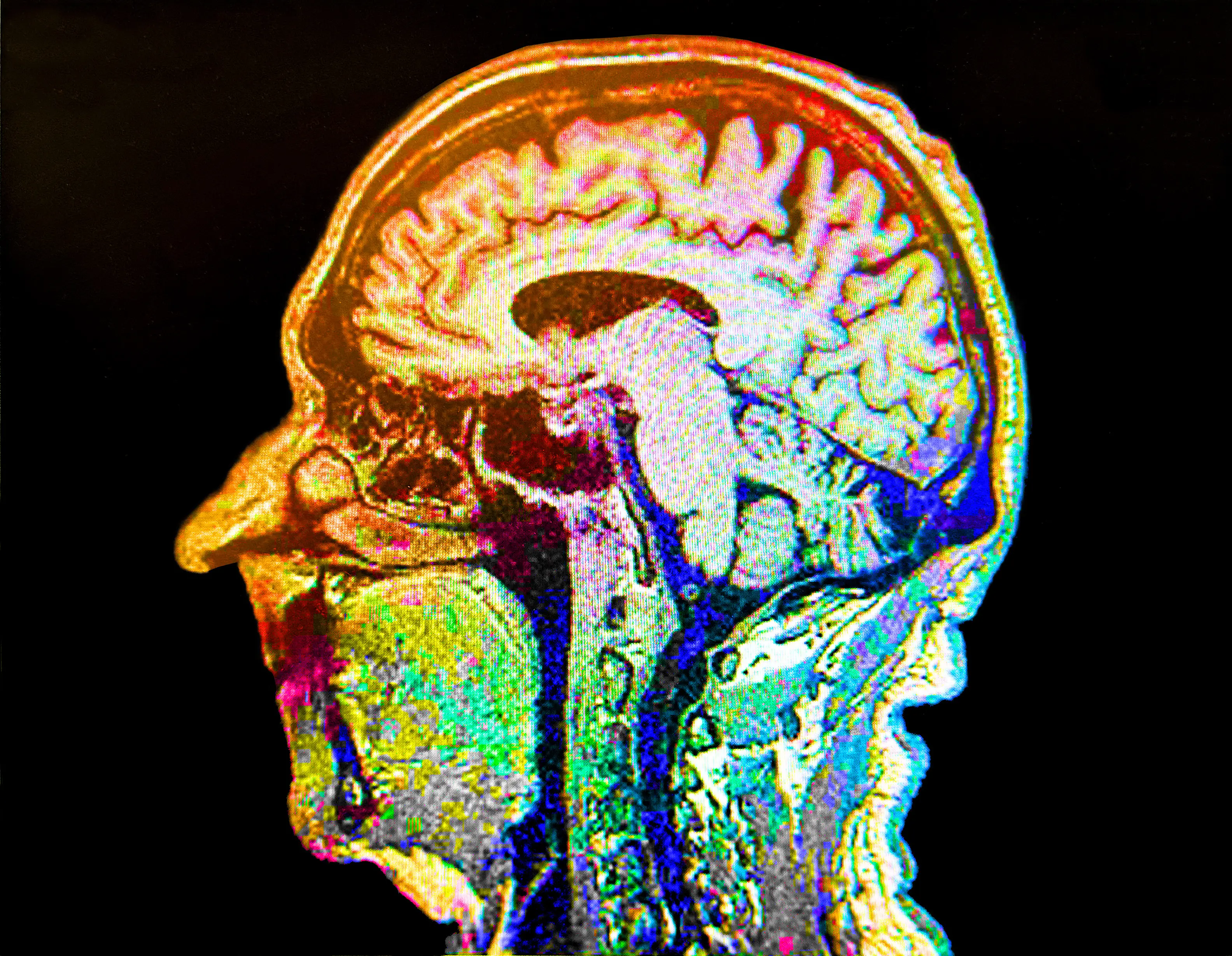
Scientists have laid out four pathways that lead to Alzheimer's after they found that certain conditions can progress to the point of a person being diagnosed with the devastating disease.
Alzheimer's is a brain disorder that causes memory loss, confusion, and changes in behaviour, and is the most common form of dementia in older people.
Researchers from the University of California, Los Angeles, examined the health data of around 25,000 people, and while previous research had looked at individual risk factors this new study laid out how health conditions can develop towards Alzheimer's.
Study author Mingzhou Fu, a medical informatics pre-doctoral student at UCLA, said: "We found that multi-step trajectories can indicate greater risk factors for Alzheimer's disease than single conditions.
Advert
"Understanding these pathways could fundamentally change how we approach early detection and prevention."

Mental health
Various studies have linked mental health conditions to a higher risk of developing Alzheimer's, and the UCLA researchers found that psychiatric conditions which led to cognitive decline were one pathway that could lead to the dementia diagnosis.
A study of 1.7 million New Zealanders found that someone with a mental health condition was four times more likely to develop dementia.
These conditions included things such as depression, anxiety, psychological disturbance and substance addiction among the things they were looking for.
Researchers also found that treating these conditions earlier in life may help a person avoid developing Alzheimer's.

Encephalopathy
This is where the way your brain functions change, and encephalopathy is the term for a group of conditions that can range from the likes of confusion and memory loss to a change in personality or falling into a coma.
These conditions can develop from incidents such as a lack of oxygen to the brain or repeated cranial impacts, and the UCLA researchers found that these conditions can develop over time until they put a person on the path to Alzheimer's.

Mild Cognitive Impairment
As they age, some people will find they have more problems with their memory or thinking than their peers, though they are still generally able to take care of themselves and carry out an independent lifestyle.
MCI is not dementia, though it is considered one of the early-warning patterns that may result in a person developing Alzheimer's if their cognitive decline progresses.
In most cases MCI is not progressive, so it will not get worse, but Alzheimers.gov warns that between one and two out of 10 people aged over 65 will go on to develop dementia.

Vascular disease
The fourth pathway comes from a person suffering from cardiovascular conditions that ultimately increase their risk of dementia.
Problems with your vascular system can impair the flow of blood to the brain which can result in cognitive decline which makes dementia more likely.
Being on the pathways does not guarantee that a person will be diagnosed with Alzheimer's, but spotting patterns helps identify those who are at greater risk.
UCLA study lead author Dr. Timothy Chang said: "Recognizing these sequential patterns rather than focusing on diagnoses in isolation may help clinicians improve Alzheimer's disease diagnosis."
Identifying the people more at risk and intervening sooner can help for a more effective treatment.
If you've been affected by dementia or Alzheimer's and would like to speak with someone in confidence, contact the Alzheimer’s Society via 0333 150 3456 or visit their website for more information.
Topics: Mental Health, Health, Science